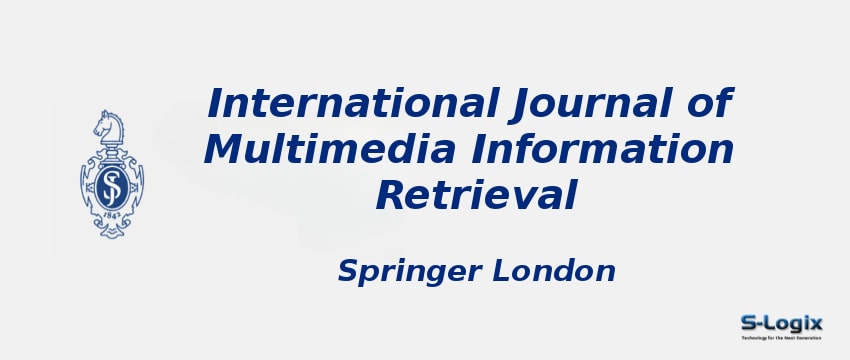Journal Home: Journal Homepage
Editor-in-Chief: Michael Lew
Print ISSN: 2192-6611
Electronic ISSN: 2192-662X
Abstracting and Indexing: Scopus
Imapct Factor 2024: 2.9
Subject Area and Category: Computer Science, Information Systems, Engineering, Media Technology, Social Sciences, Library and Information Sciences
Publication Frequency:
H Index: 33
Q1: Information Systems
Q2:
Q3:
Q4:
Cite Score: 8.1
SNIP: 1.573
Journal Rank(SJR): 0.882
Guidelines for Authors: International Journal of Multimedia Information Retrieval Author Guidelines
Publisher: Springer London
Country: United Kingdom
